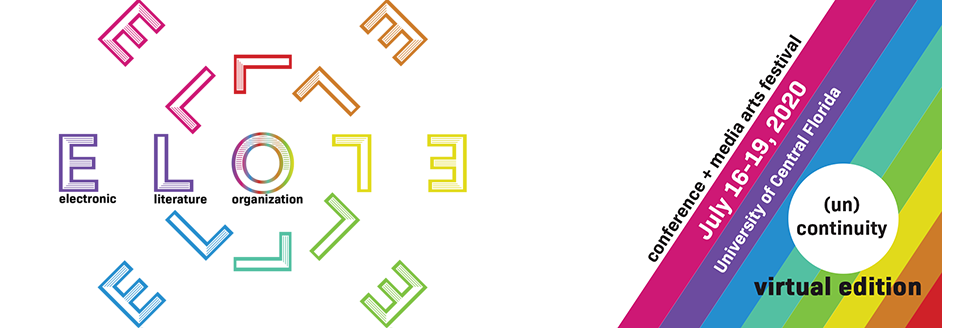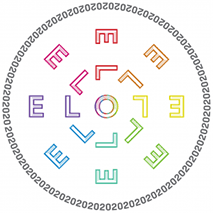Proposal Title
Why Are We Like This?: Exploring Writing Mechanics for an AI-Augmented Storytelling Game
Submission Type
Conference Proceedings Paper
Abstract
Why Are We Like This? (WAWLT) is a playful, co-creative, AI-augmented, improvisational storytelling game in which one or more players explore and influence an ongoing simulation which they then glean for narrative material. It uses the recently developed simulation technology of story sifting (the recognition of microstories in a chronicle of simulation events), via the Felt library, to afford a new kind of playful, social, and creative writing experience. In this paper, we discuss our primary design goals: (1) using computation and interaction design to support casual player creativity, and (2) foregrounding character subjectivity as a driver for socially realistic interpersonal conflict. We further discuss how those design goals informed the system development. In particular, they led to the system features of subjective character reflection on past actions through character-centric sifting patterns, player-facing story sifting tools for querying storyworld state and history, and a set of writing mechanics to interface with the simulation and support playful creative writing. Examples of those writing mechanics include (1) explicit statement of system-understandable author goals, which are used to improve next action recommendations, and (2) free text editing of a malleable, textual transcript seeded by parameterized descriptions of player-selected simulation actions. We found in testing that, even in an incomplete state of development, and even among those who don’t consider themselves fiction writers, WAWLT successfully supports player creativity. We also found that WAWLT affords particularly engaging play and a unique co-creative experience with two players, as opposed to just one.
Included in
Artificial Intelligence and Robotics Commons, Game Design Commons, Interactive Arts Commons
Why Are We Like This?: Exploring Writing Mechanics for an AI-Augmented Storytelling Game
Why Are We Like This? (WAWLT) is a playful, co-creative, AI-augmented, improvisational storytelling game in which one or more players explore and influence an ongoing simulation which they then glean for narrative material. It uses the recently developed simulation technology of story sifting (the recognition of microstories in a chronicle of simulation events), via the Felt library, to afford a new kind of playful, social, and creative writing experience. In this paper, we discuss our primary design goals: (1) using computation and interaction design to support casual player creativity, and (2) foregrounding character subjectivity as a driver for socially realistic interpersonal conflict. We further discuss how those design goals informed the system development. In particular, they led to the system features of subjective character reflection on past actions through character-centric sifting patterns, player-facing story sifting tools for querying storyworld state and history, and a set of writing mechanics to interface with the simulation and support playful creative writing. Examples of those writing mechanics include (1) explicit statement of system-understandable author goals, which are used to improve next action recommendations, and (2) free text editing of a malleable, textual transcript seeded by parameterized descriptions of player-selected simulation actions. We found in testing that, even in an incomplete state of development, and even among those who don’t consider themselves fiction writers, WAWLT successfully supports player creativity. We also found that WAWLT affords particularly engaging play and a unique co-creative experience with two players, as opposed to just one.



